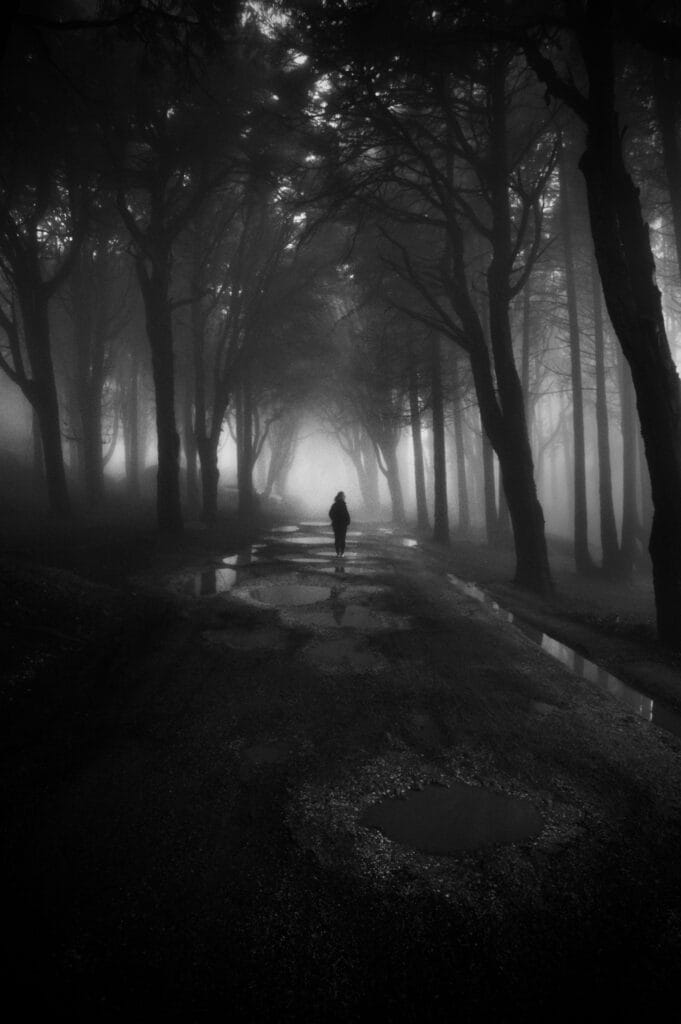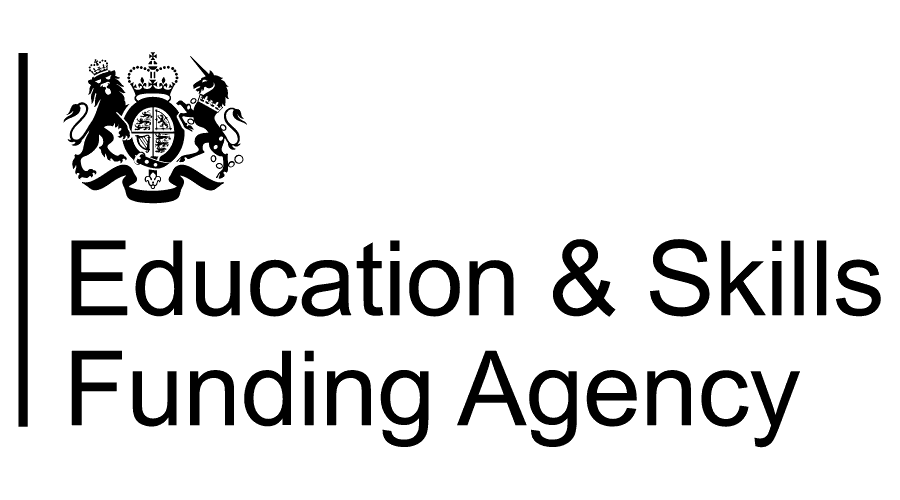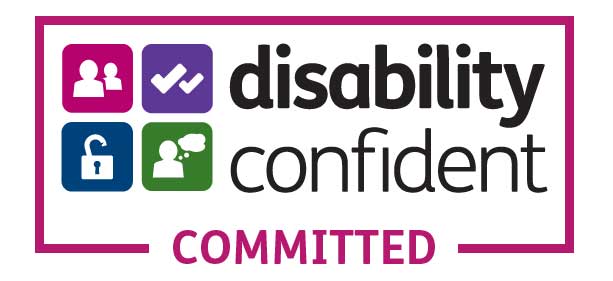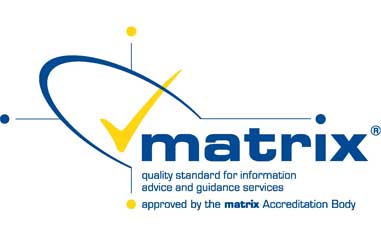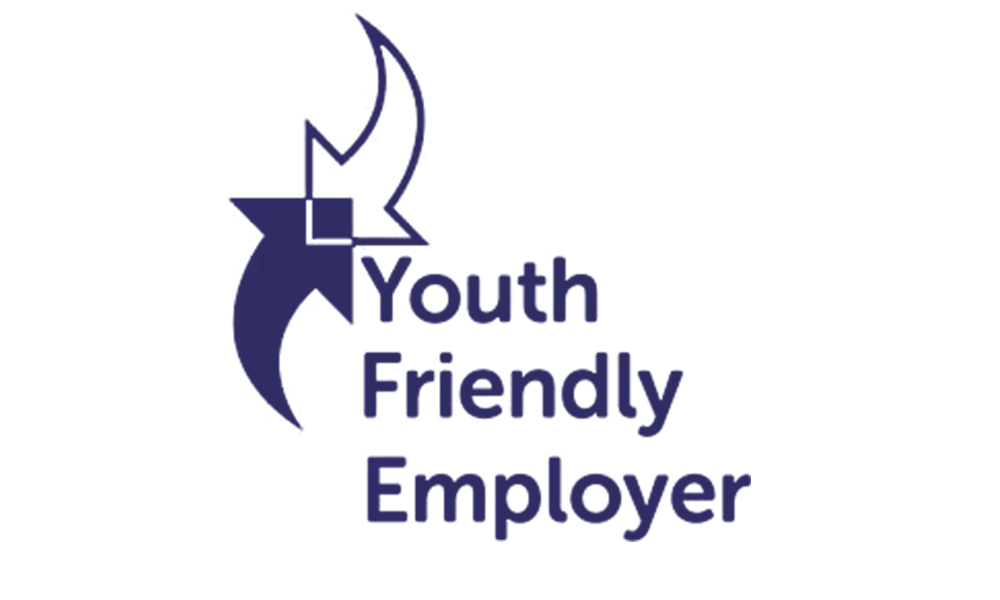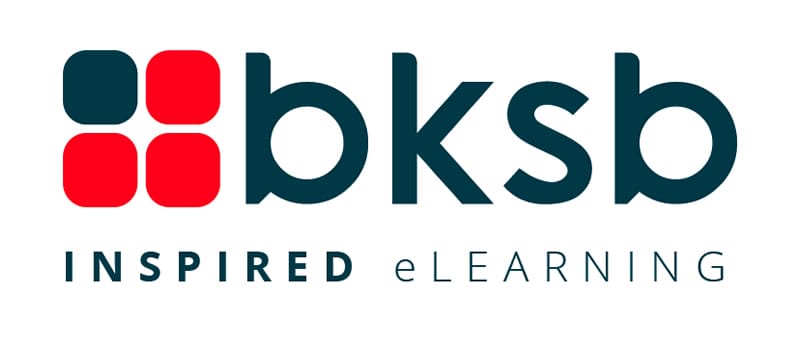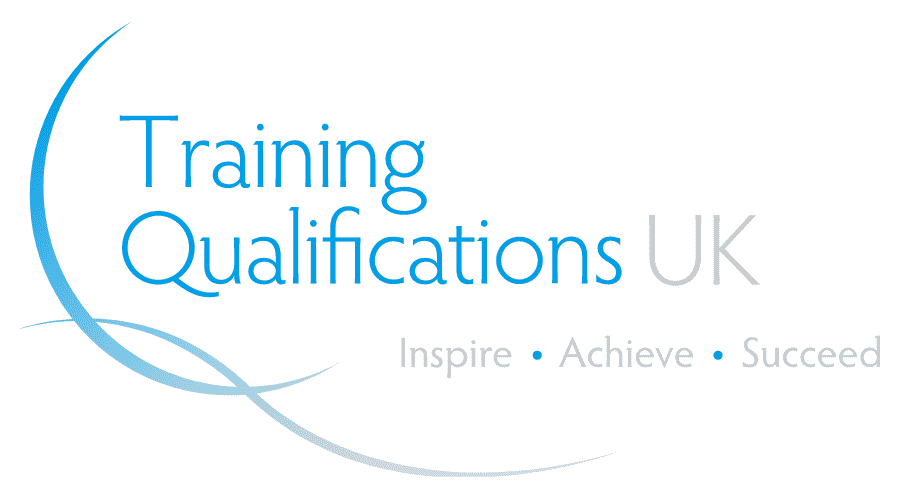The Importance of MMR Jabs
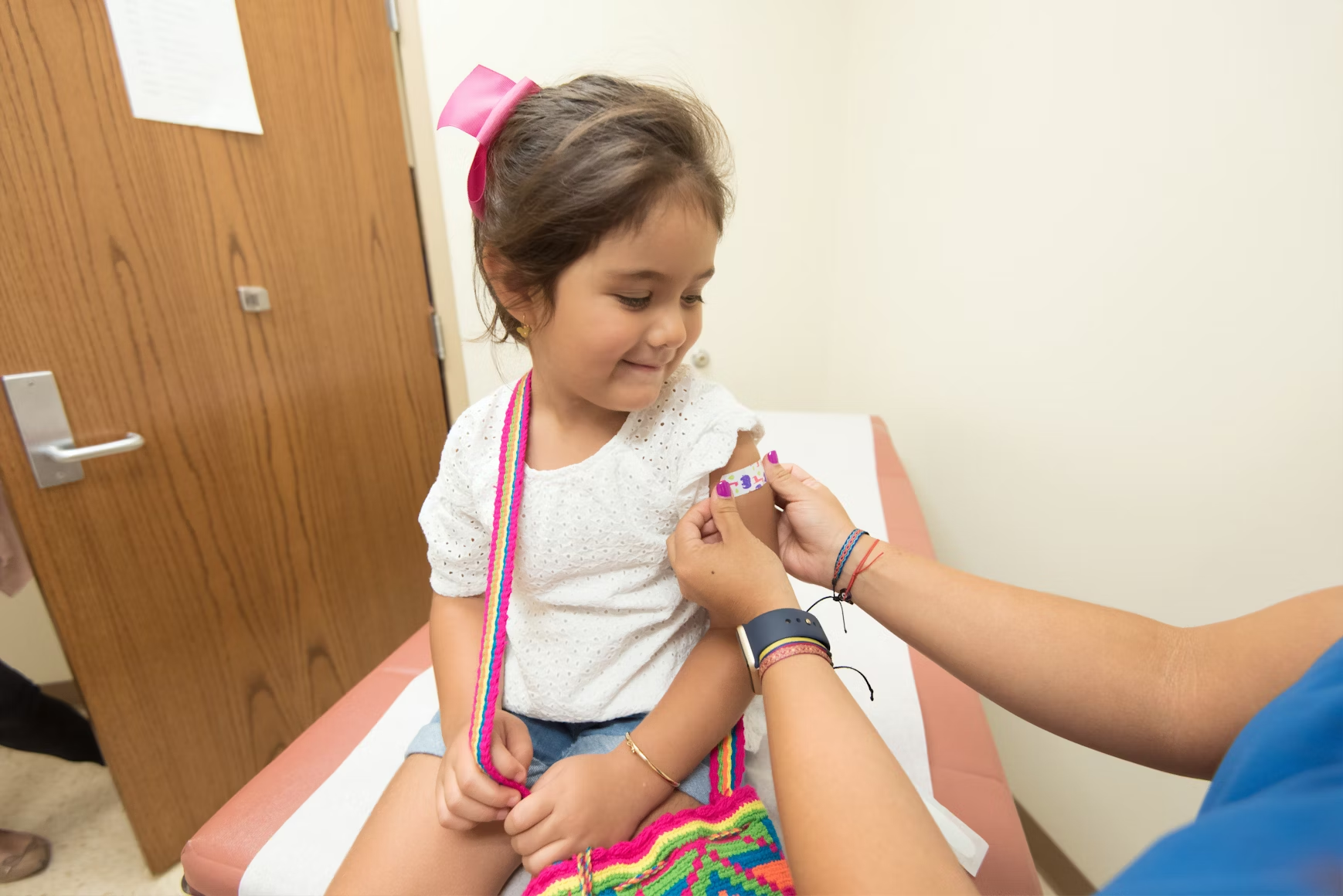
More than 900,000 young people who did not get their measles, mumps and rubella (MMR) jab as children are being invited to take part in a catch-up campaign as the number of measles cases rises.
The NHS is writing to 19 to 25-year-olds in London, Greater Manchester and the West Midlands – inviting them to book an appointment.
Cases of the once-eliminated virus are on the rise, with at least 733 recorded in England since October.
Health chiefs are now appealing to more than 900,000 students and young workers in London, Manchester and the West Midlands to get fully vaccinated.
While these are the highest risk areas, there are many more nationwide where people have not had both jabs.
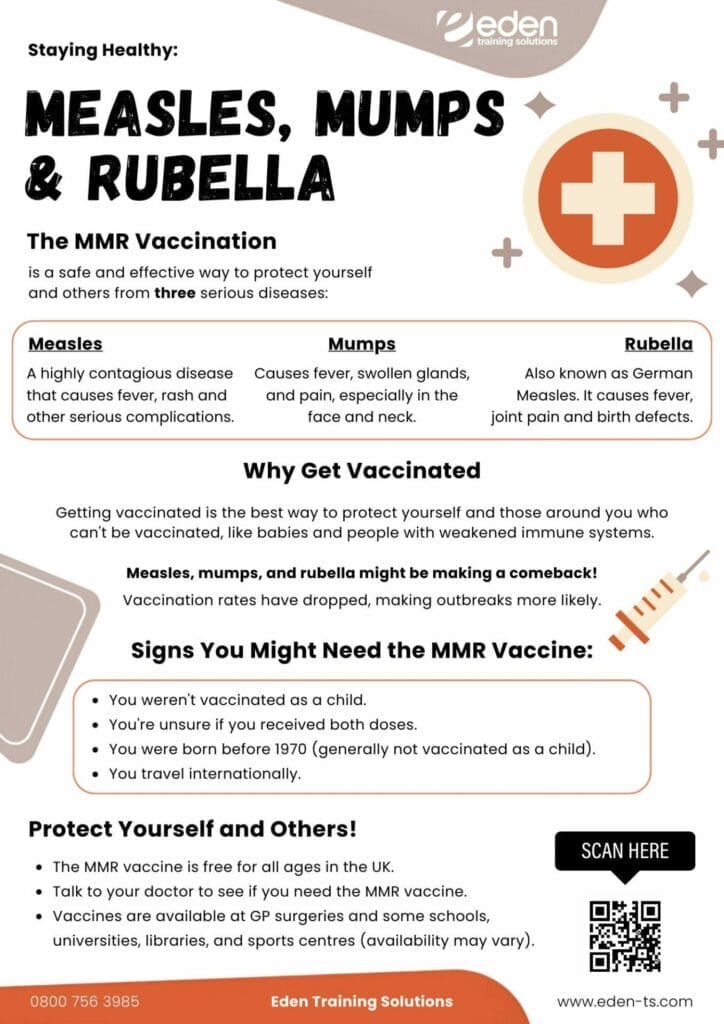
The current outbreak was initially in Birmingham and the West Midlands – but cases have now also been identified in the North West, London, East Midlands and Yorkshire and the Humber.
The young adults would have been eligible for a jab when the vaccination rates began to fall in the late 1990s and early 2000s.
The number of children having the MMR vaccine started to decline following a 1998 report by the former physician Andrew Wakefield, who falsely linked the jab with autism, according to a UK Health Security Agency (UKHSA) 2023 measles briefing document.
The vaccination programme took years to recover despite the fact Mr Wakefield was struck off the medical register after his claim was discredited.
MMR vaccine coverage is now at the lowest it has been for more than a decade, with just 85% of youngsters having both doses of the jab before they start school aged five.
Steve Russell, NHS England’s director of vaccinations and screening, said: “Measles is one of the most infectious diseases in the world and can cause serious harm to adults and children of all ages.
“But the NHS MMR vaccine gives life-long protection against becoming seriously unwell, so with cases of measles on the rise, it is not worth the risk of going without this vital protection.
“Measles, mumps and rubella are preventable, but catching them is easy when people are unvaccinated, so I urge people to come forward and get the MMR vaccine sooner, rather than later.”
The plea follows a call for more than a million primary school children and 200,000 teens aged 16 to 19 in high-risk areas to get up to date with the jabs.
The NHS estimates that more than three million under-16s, plus more adults, are not fully protected.
Vaccines for those who haven’t had both doses are free for all ages from GP surgeries and catch-up programmes are offering them at schools, universities, libraries and sports centres in some areas.
Symptoms of measles start off like a cold but can then include a fever, white spots in the mouth and a blotchy rash.
Very serious cases can cause brain damage, blindness, deafness or even death.
Dr Gayatri Amirthalingam, consultant medical epidemiologist for immunisation at UKHSA, said: “Anyone who is not vaccinated against measles can catch it.
“Being unvaccinated also means you risk spreading the disease to others, including those at greatest risk of becoming seriously ill – like infants, who aren’t able to receive their MMR vaccine until their first birthday, pregnant women and those with a weakened immune system.
“The MMR jab also protects against complications from mumps in young adults. I strongly urge anyone who’s not vaccinated to protect both themselves and those more vulnerable around them.”







